This might surprise you. Your kindergarten teacher may have had a lot to do with your earning capacity as an adult.
Adam Grant’s new book Hidden Potential offers some startling results.
In the late 1980s, the state of Tennessee completed a study of 79 schools and over 11,000 students to discover whether smaller class sizes provided better learning.
An economist, Raj Chetty, recognized that since both the students and teachers were randomly assigned to classrooms, he could use the data to analyze whether other features of classrooms made a difference. (Chetty is the winner of the MacArthur genius grant and one of the world’s most influential economists.)
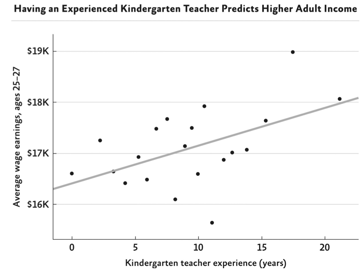 Chetty observed student success as adults could be predicted based on who taught them in kindergarten. At age 25, students with more experienced kindergarten teachers were earning significantly more than their peers. (see Graph)
Chetty observed student success as adults could be predicted based on who taught them in kindergarten. At age 25, students with more experienced kindergarten teachers were earning significantly more than their peers. (see Graph)
If you were one of those cynical students who felt math and reading skills aren’t important, this study provides ammunition for your argument.
Watch Grant share some of the insights here on the Today show:
Fourth and 8th grade students were rated by their teachers for some often-overlooked qualities. The four Chetty isolated:
- Proactive: How often did they take the initiative to ask questions, volunteer answers, seek information from books, and engage the teacher to learn outside class?
- Prosocial: How well did they get along and collaborate with peers?
- Disciplined: How effectively did they pay attention—and resist the impulse to disrupt the class?
- Determined: How consistently did they take on challenging problems, do more than the assigned work, and persist in the face of obstacles?
Chetty discovered, that when students were taught by more experienced kindergarten teachers, their fourth-grade teachers rated them higher on all four of these attributes. So did their eighth-grade teachers.
The capacities to be proactive, prosocial, disciplined, and determined stayed with students longer—and ultimately proved more powerful—than early math and reading skills.
When Chetty and his colleagues predicted adult income from fourth-grade scores, the ratings on these behaviors mattered 2.4 times as much as math and reading performance on standardized tests.
Character is more than just having principles. It’s a learned capacity to live by your principles.
The video on Hidden Potential shares the 1991 story of the Raging Rooks, a Harlem high school, that started chess and in just two years won the United States Championship title, with coach Maurice Ashley (who became the first Black Chess Grand Master), using unconventional means to inspire and motivate young players to not only be self-motivated, but work as a team to win.
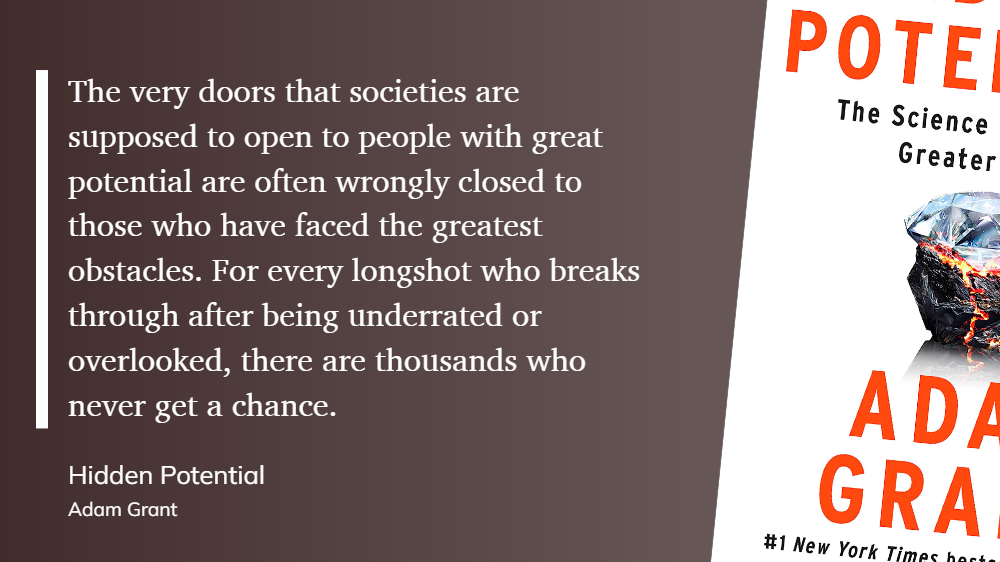 After watching the Raging Rooks march to victory, legendary chess coach, Bruce Pandolfini marveled: “Nothing fazed them. Most kids under pressure will start hurrying a little bit or showing their feelings, but not them. They took their time, and they were absolutely poker-faced at the board. I’ve never seen kids that age so cool. They were like professionals.”
After watching the Raging Rooks march to victory, legendary chess coach, Bruce Pandolfini marveled: “Nothing fazed them. Most kids under pressure will start hurrying a little bit or showing their feelings, but not them. They took their time, and they were absolutely poker-faced at the board. I’ve never seen kids that age so cool. They were like professionals.”
This rare quality of character is described best by student Francis Idehen regarding Coach Ashley’s style, “He was always conveying life lessons without being heavy-handed. It was less about executing a chess plan than understanding of self and mastery of self. That was pivotal in my life.”
Character skills do more than help you perform at your peak—they propel you to higher peaks.
Nobel laureate economist James Heckman concluded in a review of the research, that character skills “predict and produce success in life.”
Character, however, doesn’t grow in a vacuum. You need the opportunity and motivation to nurture it.
Grant’s book reveals the truth and importance of character. It’s something difficult to measure, yet I believe a critical element in hiring and acquiring team players.
The prologue to Grant’s Hidden Potential will have you hooked to discover more. Watch this 8-minute video.
Character
One of the most powerful messages I received when starting my sales career in broadcasting was this definition of character from Cavett Robert,
“Character is the willingness to carry out a good resolution long after the mood in which it was made has left you.”
I can’t tell you how many times this definition got me out of bed in the morning! It prompted me to make more calls, work harder, and be persistent.
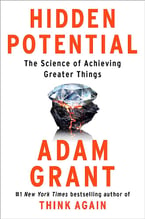 Character is one of the most valuable, if not the most critical skill (and yes Adam Grant believes this is a skill we all can develop even as adults) you or I, and especially your team can develop to ensure your business success.
Character is one of the most valuable, if not the most critical skill (and yes Adam Grant believes this is a skill we all can develop even as adults) you or I, and especially your team can develop to ensure your business success.
Grant provides insights into how to build and develop character. We’ll explore this next blog.
To create an environment where everyone is inspired to give their best, contact Positioning Systems to schedule a free exploratory meeting.
Turn your team into a repeatable coaching and growth organization.
Growth demands Strategic Discipline.
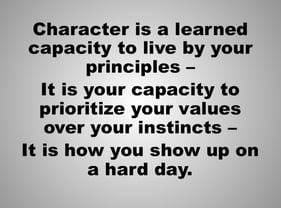 Hidden Potential is divided into three sections. The first section explores the specific character skills to catapult us to greater heights. Next blog, we explore how character is your capacity to prioritize your values over your instincts.
Hidden Potential is divided into three sections. The first section explores the specific character skills to catapult us to greater heights. Next blog, we explore how character is your capacity to prioritize your values over your instincts.
Building an enduring great organization requires disciplined people, disciplined thought, disciplined action, superior results, producing a distinctive impact on the world.
Discipline sustains momentum, over a long period of time, laying the foundations for lasting endurance.
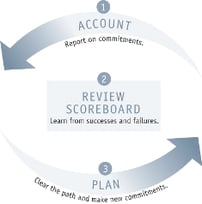 A winning habit starts with 3 Strategic Disciplines: Priority, Metrics, and Meeting Rhythms. Forecasting, accountability, individual, and team performance improve dramatically.
A winning habit starts with 3 Strategic Disciplines: Priority, Metrics, and Meeting Rhythms. Forecasting, accountability, individual, and team performance improve dramatically.
Meeting Rhythms achieve a disciplined focus on performance metrics to drive growth.
Let Positioning Systems help your business achieve these outcomes on the Four most Important Decisions your business faces:
|
DECISION |
RESULT/OUTCOME |
|
PEOPLE |
|
|
STRATEGY |
|
|
EXECUTION |
|
|
CASH |
|
Positioning Systems helps mid-sized ($5M - $500M+) businesses Scale-UP. We align your business to focus on Your One Thing! Contact dwick@positioningsystems.com to Scale Up your business! Take our Four Decisions Needs Assessment to discover how your business measures against other Scaled Up companies. We’ll contact you.
NEXT BLOG – Character Skills – Hidden Potential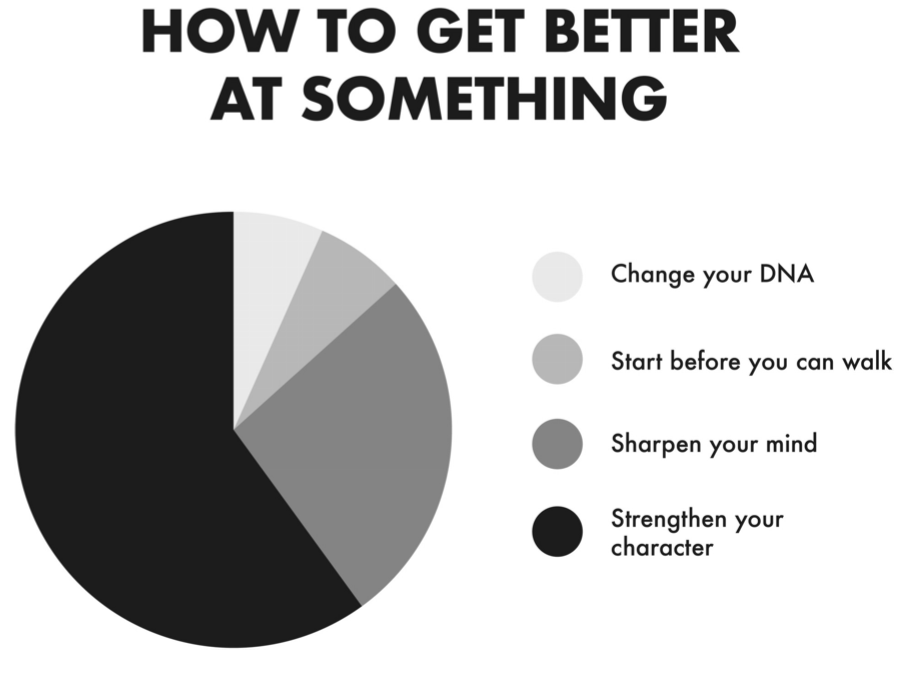






.jpeg?width=150&height=135&name=Hand%20with%20marker%20writing%20the%20question%20Whats%20Next_%20(1).jpeg)

